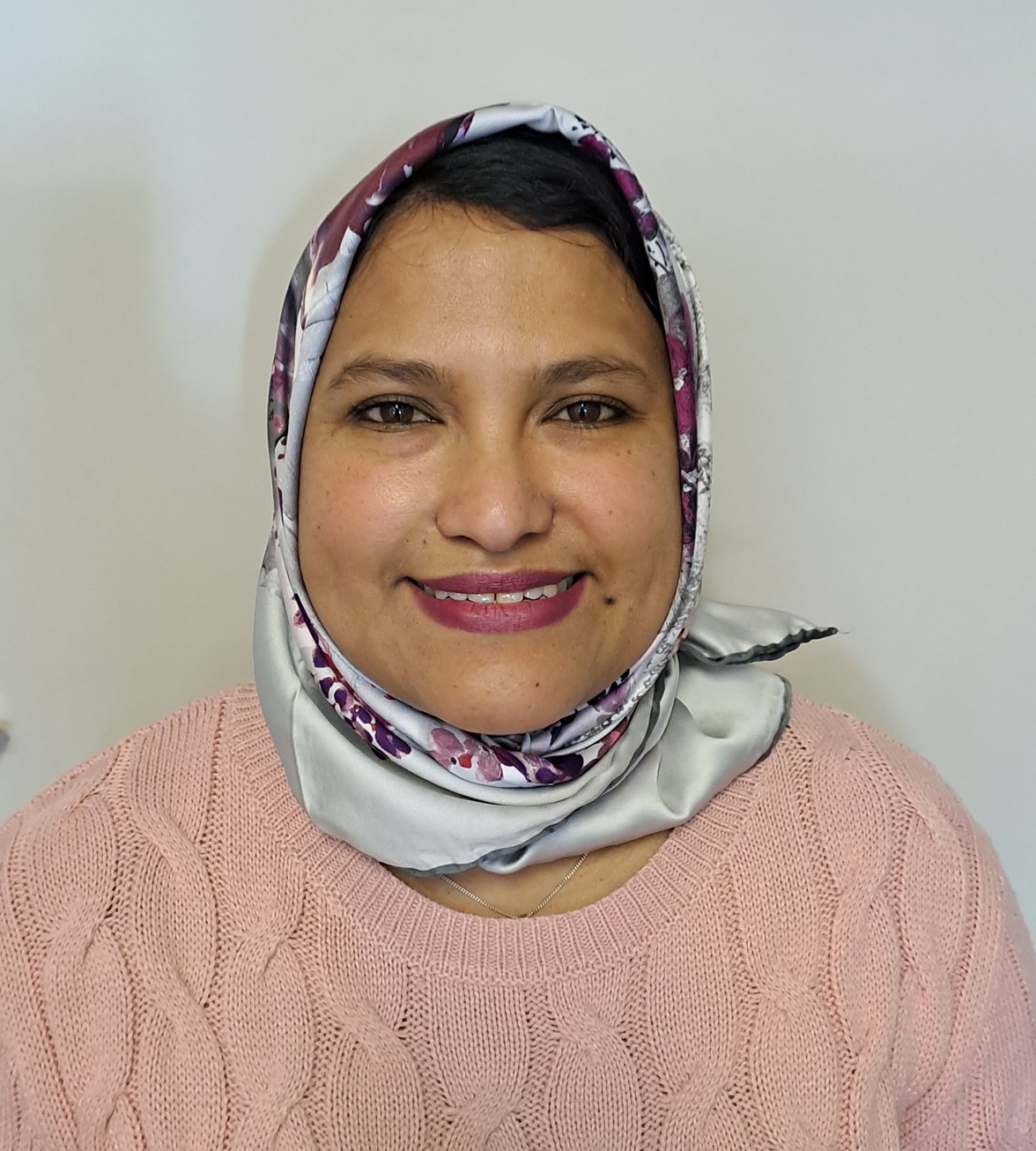
News
Deaf Awareness Month: Seek urgent care if you have hearing problems
September is National Deaf Awareness Month aimed at increasing awareness of the deaf and hard-of-hearing population. Tygerberg Hospital (TBH) appeals to residents to seek medical care if they have problems with their hearing, or their child is showing signs of hearing difficulty. If they lose their hearing suddenly, in one or both ears, they must see a doctor as soon as possible. The doctor can check for any problems and may refer them to an audiologist (hearing specialist) or an Ear, Nose and Throat (ENT) surgeon for further tests.
According to the 2021 World Hearing Report, approximately 12 million South Africans (or 20 percent of the population) are hard-of-hearing or deaf. A total of 3,6 million require treatment, of which less than 10 percent are receiving any treatment.
In 2023, TBH’s Audiology Department served 7 752 patients (3 298 children and 4 454 adults) and 3 376 inpatient babies received newborn hearing screening. Staff fitted at least 648 hearing aids (134 for children and 514 for adults), and 56 people received Cochlear implants (35 adults and 21 children).
Jenny Birkenstock, Assistant Director for the Department of Speech Therapy and Audiology at TBH, said, “Providing accurate information and raising awareness around hearing loss is the first step towards empowerment and improved access to ear and hearing services for individuals of all ages.”
Dr Matodzi Mukosi, Chief Executive Officer at Tygerberg Hospital said, “Tygerberg Hospital developed the first Cochlear Implant Unit in South Africa in 1986. For almost 40 years it has been a flagship for service excellence in bringing this life-changing intervention to our population. Since its inception over 1 000 patients have benefitted from this technology and approximately 25 percent of them have been state patients.”
A child with a hearing loss may have a reduced ability to develop spoken language, fewer educational options, poorer academic progress, and limited options for later employment. Appropriate and timeous intervention in children who have hearing difficulties can help secure the future of their education and employment opportunities. Children with hearing loss can learn to talk if their hearing loss is identified early, they receive appropriate hearing technology (hearing aids or cochlear implants) and enrol in early intervention services that promotes listening and spoken language development.
An adult with hearing loss may experience difficulties with communication, frustration, loss of confidence and self-esteem, social isolation, depression, limited employment opportunities and reduced ability to progress in the work environment.
Fatima Ally, an audiologist working at TBH, assists patients with hearing difficulties on a daily basis. Fatima suddenly lost her hearing in one ear in 2022 and was fortunate to receive a cochlear implant recently. “Not hearing in one ear was a real struggle for me, but I could better identify with the frustrations and hearing challenges which my patients experience,” said Fatima.
Fatima and the team of audiologists at the hospital share the following tips for communicating effectively with someone with hearing difficulties:
- Speak slowly at a normal loudness level. Do not shout.
- Get the person’s visual attention before you start speaking.
- Make sure your mouth and face are clearly visible.
- Move closer to the listener.
- Rephrase rather than repeat missed words.
- Give a clue to the listener as to and when the topic changes.
- Move away from background noise or turn off background noise.
- Encourage the listener to let you know if he or she does not understand.
How to access support
A primary healthcare facility (your local clinic) can refer children and adults to the nearest speech therapist or audiologist for care.
Early identification of hearing or speech problems in babies and children is important, and referral to an audiologist or speech therapist should not be delayed. Please see attached information on hearing developmental milestones and for speech developmental milestones.
Furthermore, download these handy milestone PDFs:
![]() WCG hearing_milestones_poster.pdf
WCG hearing_milestones_poster.pdf
![]() WCG speech_and_language_milestones_poster.pdf
WCG speech_and_language_milestones_poster.pdf


